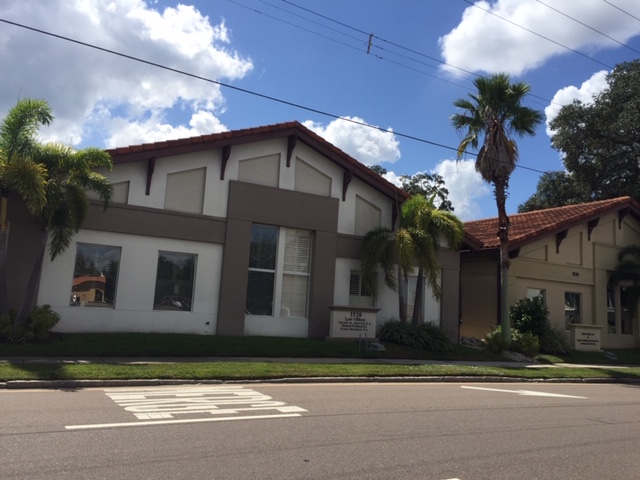 Lawyers often spend too much time focused on whether a debtor meets the Brunner test for undue hardship that they miss major opportunities to reduce and eliminate federal and private student loan debt. Many people are in forbearance for years while their loan balances continue to grow. Taking advantage of Income Driven Plans in bankruptcy by using the Buchanan language and the new Student Loan Management Program in the Middle District of Florida can save tens of thousands of dollars.
Lawyers often spend too much time focused on whether a debtor meets the Brunner test for undue hardship that they miss major opportunities to reduce and eliminate federal and private student loan debt. Many people are in forbearance for years while their loan balances continue to grow. Taking advantage of Income Driven Plans in bankruptcy by using the Buchanan language and the new Student Loan Management Program in the Middle District of Florida can save tens of thousands of dollars.
How else can a student loan attorney help? By ensuring borrowers are placed in the correct IDR plans which can often save hundreds per month and allow for full forgiveness. Helping borrowers to understand and minimize the tax consequences. Curing defaults to stop wage garnishment, social security offset and tax intercepts. Helping borrowers ensure they are properly enrolled in Public Service Loan Forgiveness – to avoid being one of the 99.5% who are being denied this relief.
Private non-qualified, non-school certified, loans are subject to discharge. Recent case law permits the discharge of private loans to attend ineligible schools, Bar Study or Tuition Answer loans or for debt incurred beyond the cost of the education. Cases such as In re Kashikar, In re Campbell, In re Dufrane, In re Wiley, In re Essangui and In re Decena are paving the way to creating Florida precedent for discharge such as in In re Lysiuk and In re Lytkina a/k/a Mulligan. We help consumers to take control of their student loans and create a plan for a reduced amount of debt, and an affordable payment with an end in sight. Settlements outside of bankruptcy are also possible, although this will cause a taxable event for the forgiveness (which does not occur in a bankruptcy).
 Reboot Your Life: Tampa Student Loan and Bankruptcy Attorney Blog
Reboot Your Life: Tampa Student Loan and Bankruptcy Attorney Blog






